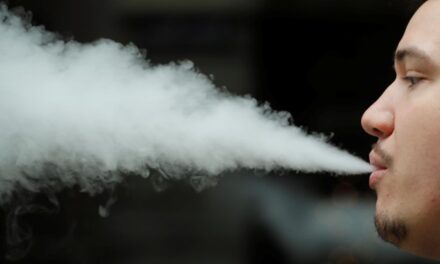
Apple can open its retail stores if it ‘Makes in India’, says government


Apple will have to comply with government norms to open up stores in India
Local Press Co 5-point Snippet
1. Earlier this month, Silicon Valley giant Apple reported a loss in revenue for the first time in 13 years. The decline in sales of iPhones, especially in its biggest overseas market, China, was among the key factors that prompted Apple CEO Tim Cook to visit India last week.
2. Apple had been planning to boost its business in the country by selling refurbished phones and setting up their own retail stores. However, the plan to sell refurbished phones met with severe backlash from phone manufactures in India and the proposal was rejected by the Directorate General of Foreign Trade in April. This week Apple received another blow to its plans, when the company’s application seeking license to open up retail stores got clearance on a condition that they comply with the 30 percent local sourcing rules by the government.
3. Earlier this year, the company had applied to the Foreign Investment and Promotion Board (FIPB) for the license. But, the Indian government’s rule on local sourcing has been a major hurdle for the company given the it does not have enough vendors to meet the norm and hence, the iPhone maker’s application was rejected.
4. According to the rules, companies undertaking single-brand retailing of products, can get a relaxation on the local sourcing rules if they have state-of-the-art and cutting-edge technology wherein local sourcing is not possible. When asked why Apple could not get a waiver on the policy, an official stated, “Apple’s case for waiver of sourcing norms came to the finance ministry six days back, but was not justifiable. They (Apple) could not prove through enough merit that the technology they want to sell is cutting-edge technology and state of the art. But they can open stores if they meet the norms.”
5. Thus, Apple will now have to comply with the rule on 30 percent local sourcing or continue to sell its products through distributors, such as Redington, Ingram Micro and Bettel.












